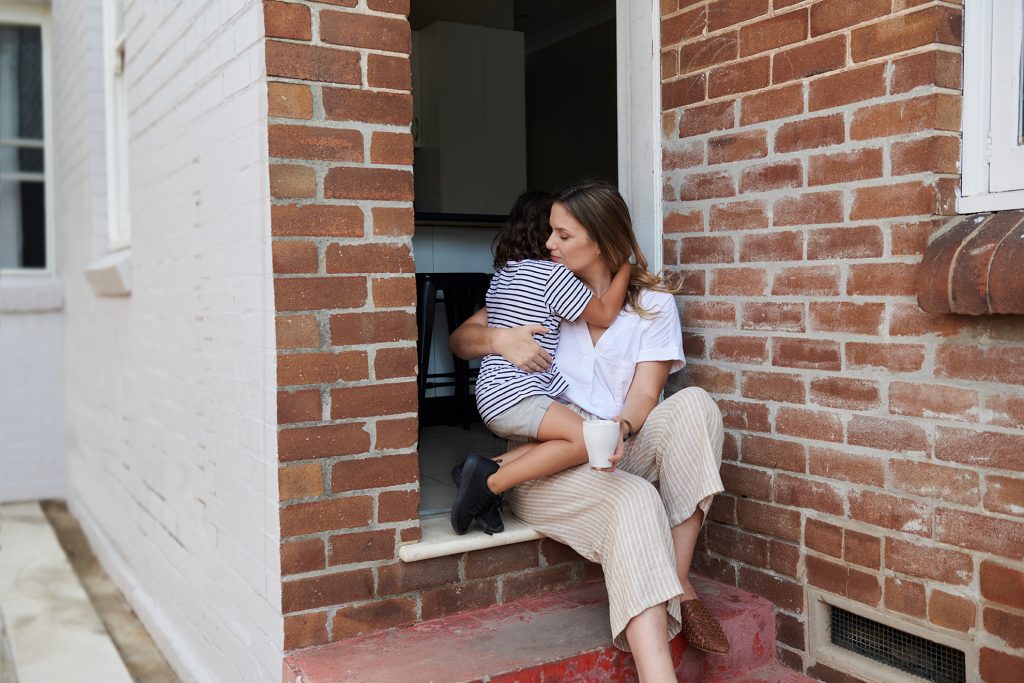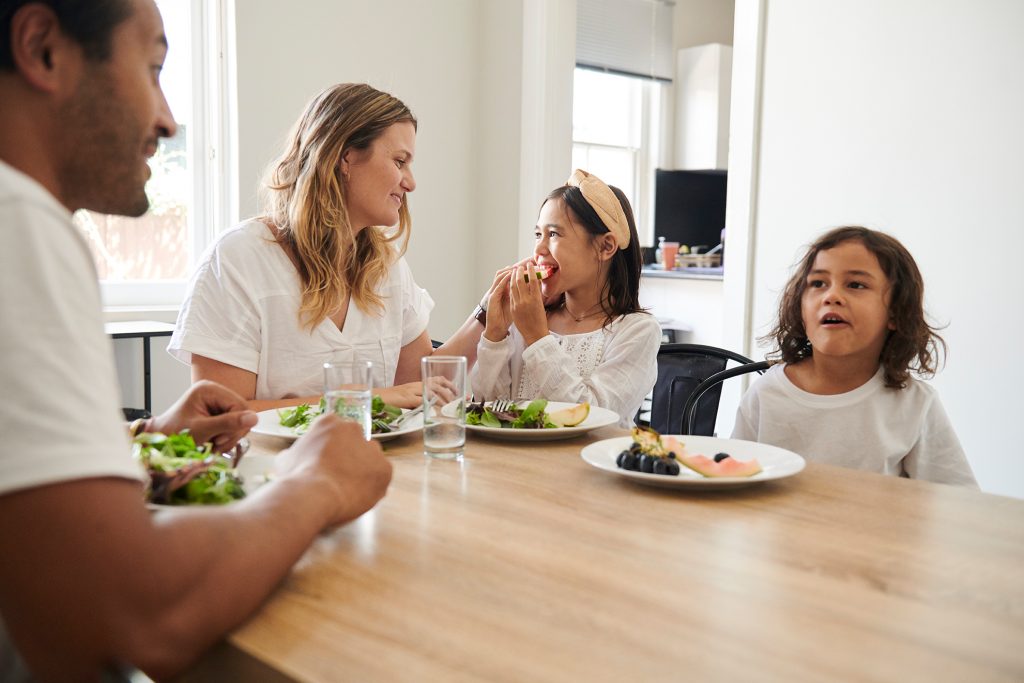Supporting children through the pandemic
by Kat Rowe | October 6, 2021
With the ongoing disruptions and changes to our life following the emergence of the COVID-19 Delta variant in numerous states at different times, coupled with the length of time that we have now been experiencing this pandemic, there is growing concern about the impact that this is having for all of us – and especially for children.
There are lots of questions being asked regarding the often quickly changing daily activities and commitments such as school, sports, weekend plans, holidays and visits from friends and family.
When it comes to uncertainty in general, it is not something that we are all able to manage well or easily. This is because we are all hard-wired to seek control. There are a number of things that we can do with our children to help them cope with the uncertainty.

Talk openly and honestly about COVID-19
It can be helpful to have open and age-appropriate conversations with our children about the Delta variant and what this means for them.
Continue to talk with your children about the facts of the virus. This can help to reduce any worry or anxiety that they might be experiencing about it. You don’t have to go into the graphic details, keep it high level and factual.
It’s equally as important to talk to our children about the need for ongoing protection against COVID-19 (by using hand sanitizer, washing hands, wearing face masks) and to reassure them about their safety. This will help them to understand why certain activities are happening differently (such as home-schooling) and or have been cancelled (such as some sports).
And don’t be shy with asking your child what they might want to know about the virus. If you don’t know the answer (which is possible given we are not all virologists!), you can let your child know that you don’t know and can research the answer together and that you’ll be there to support them regardless.
Recognising and talking about feelings
Similar to us, our children may be experiencing a range of emotions if they have not been able to see friends, have sleepovers, see extended family, play their weekend sports and do the things they normally do. Supporting and normalizing their emotions lets them know that you are there for them and that it’s okay to feel upset, frustrated, disappointed or whatever their experience may be.
It’s a great opportunity to encourage our children to notice different emotions that they might be having, being able to label them and to have someone there to support them to manage that emotion if needed.

Routines
A lot of what our children experience comes from their daily routines, including sleep, exercise, diet, play and learning time. Having some consistency and structure around our days and weeks can assist with managing stress and worry that our children may be feeling at this time.
Having a good sleep routine, consistent and healthy meals and enough exercise can help to create a buffer against extra worry and anxiety around the pandemic.
Manage Media Coverage
Staying up to date about daily cases, vaccination statistics and proposed changes to restrictions may be something that is important to you, however having a constant stream of this information can be unhelpful and increase anxiety and worry for us and our children. Reducing our consumption of COVID news to only once or twice per day can help to reduce any worry or anxiety that we may be experiencing and will also help our children to have space from the constant stream of information about it as well.
Connection
Staying connected with friends and family is a big part of maintaining our wellbeing and can be done in creative ways – you may want to schedule a video call, phone call, write letters/send mail, or send photos. It can be a great way to still have the connection and share what we are doing in ways that are meaningful if in-person connection is not an option at this time.
Additional resources and tools
- World Health Organisation (WHO)
- UNICEF
- Emerging Minds
- Raising Children Network
- Black Dog Institute
- Queensland Mental Health Commission (QMHC)
- Kids Helpline
- Zero to Three
- BRAVE (The Brave Program)

